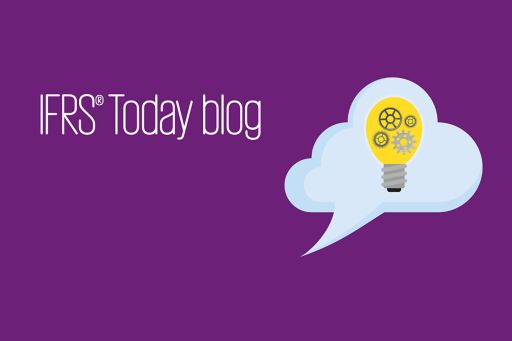Insurance contracts – No time to watch and wait
Insurance contracts – No time to watch and wait
12 questions to kickstart your successful transition

After two decades of discussion and consultation, many insurers will be feeling hesitant in the face of converting to IFRS 17 – as the new insurance contracts standard will be known.
Such tentativeness is not surprising given how long it’s taken to reach this point but – make no mistake – inaction is no longer an option...
How are your competitors preparing for this change?
For the first time – thanks to IFRS 17’s promise of greater levels of transparency and comparability – investors will be able to properly compare your accounts to those of your peers. Nobody knows for sure if this added transparency will influence market valuations, but we do know that company comparisons will no longer be limited by jurisdiction.
It’s likely that your more switched-on competitors will be looking to build on opportunities to differentiate themselves and present a clearer picture of their activities to investors. And many are looking to streamline their finance and actuarial architecture.
So it’s vital that you’re well prepared to deliver the benefits of transparency and that your stakeholders understand both how this impacts your business and what to expect in terms of new insights into your financial results. Handled well, the change should play out as a win-win for all parties.
Embrace the change and optimise the synergies
The insurance sector is no stranger to change. Change has been the norm in recent years. The challenge is to manage change well and use it as a catalyst to drive the business forward.
Think, for example, how the sector responded to Solvency II … Taking the best of this experience could present synergies and prove invaluable in managing your transition.
Get a head start
In reality, IFRS 17 will present a unique opportunity to surpass the expectations of stakeholders, and – ultimately – influence how they will perceive your organisation’s strengths.
Today, the standard is close enough to final for you to start your impact assessment with a sound foundation and join leading insurers in planning for implementation. The sooner you identify the major areas where decisions need to be made, the better.
Even if you’re still testing the waters, the day when you’ll be asked about how these changes affect your business is looming. And when it does come, your stakeholders will expect clear answers.
With this in mind, inertia could be costly and that’s why we are both advising our clients to get a head start and begin developing their responses well in advance. A lot of companies are still in ‘watch and wait’ mode and asking what other insurance companies are doing to prepare. But, in our view, the time for watching and waiting has passed.
Sharing our experiences
You may also be interested in our webcast series.
Our website also contains a wealth of information on these matters – Visit our insurance hot topics page to find out more. You may want to take a look at our Navigating the new world (PDF 2,367 KB) publication for a summary of impacts and how KPMG can help you prepare.
Joachim Kölschbach and Mary Trussell
Comments? Questions? Join the conversation on KPMG's IFRS showcase page on LinkedIn.
About the authors
Joachim leads the global team that develops KPMG’s guidance on insurance contracts.
Mary leads the global insurance accounting change group that focuses on marketplace implementation of IFRS 17.
© 2024 KPMG IFRG Limited, a UK company, limited by guarantee. All rights reserved.
